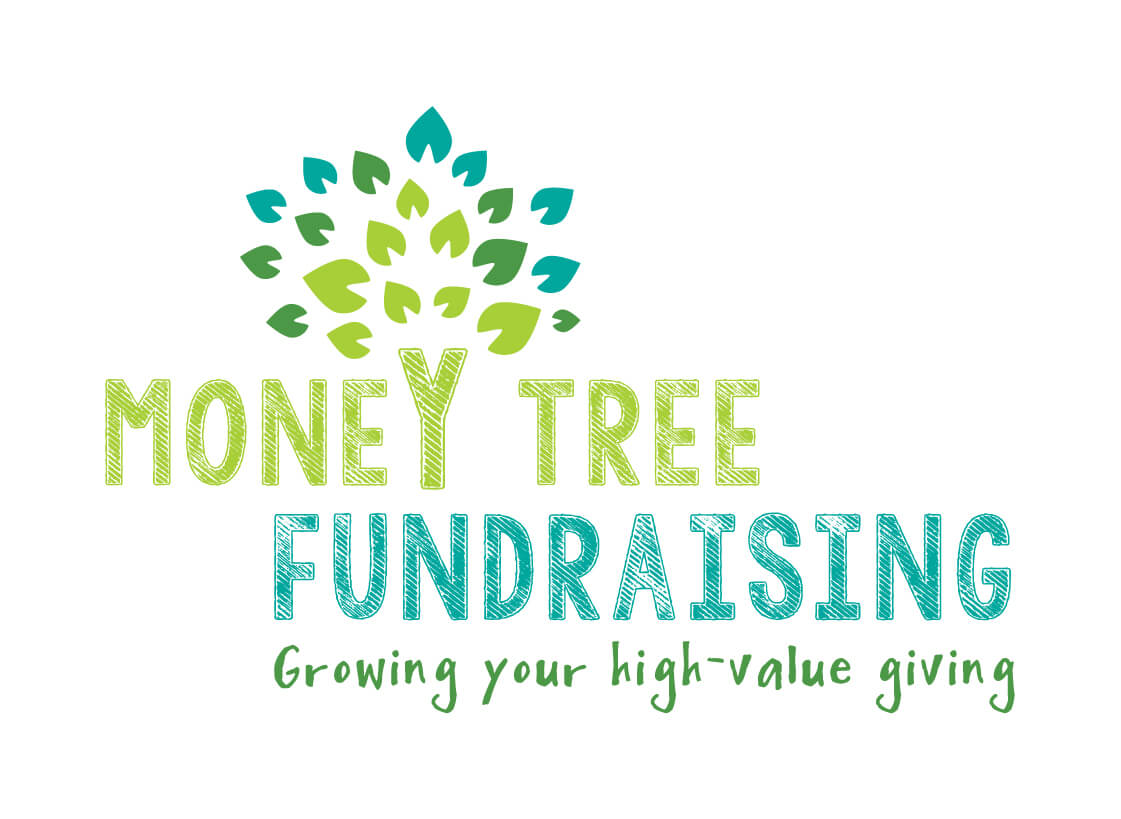Over the last few years, I’ve heard increasingly of trust fundraisers struggling with competition and rejection levels unusual for our sector. For three years, we’ve been dealing with the sometimes devastating impact of upheaval to our society and world. Although there were some incredible highs, many charities have been ravaged by first the COVID-19 pandemic, the fallout from Brexit and an unstable government, and now the ongoing cost of living crisis. Fundraising and fundraisers are up against walls of increased organisational need, increased competition for fewer resources, and a general uncertainty about our future. At every turn, our personal and professional resilience is being tested. Regardless of your fundraising specialty, here are some tips to help build, or rebuild, your fundraising resilience:
Be prepared. A job? A career? A vocation? Whichever is true for you, it’s important to understand and use the basic tools and standards of your trade. They will help you deliver top quality work and develop the reputation and relationships needed to achieve targets in tough times.
Invest in yourself. Our sector’s needs are ever changing whilst training budgets are often restricted. Whenever possible, seek out continuing professional development and learning opportunities to sharpen and expand your skills and knowledge – including finding a mentor or reading and investigating on your own. There are lots of good quality free and low cost training and CPD opportunities out there. You will bring new insights to your own fundraising practise, increasing your confidence and flexibility.
Do your research. Always know your funder. At a minimum, meet eligibility criteria and their interests according to your organisation’s own guidelines and policies.
Know your influence factor. There will always be those you cannot persuade to provide you with the information you want or need to prepare an application or report. Brief colleagues and managers appropriately to achieve your desired result but accept that you may need to approach the situation differently or even let it go.
Align your values and work culture. The misalignment of your and your organisation’s values and culture can negatively affect job satisfaction, causing stress for all involved. In this situation you have essentially three choices to maintain resilience, health and wellbeing: adjust your values to fit the situation; find enough of an overlap to satisfy your own values; or find a new organisation where the alignment is a better fit.
Manage expectations of success. Managing your own and your managers’ expectations of success against the workload to deliver that success is imperative to avoid burnout. Like an iceberg, the volume of work involved in developing approaches below the water’s surface (most of which will be rejected) dwarfs the fundraising success you see above. To find the motivation to continue developing approaches with statistically greater chances of rejection than triumph, shift your focus away from rejection: closely target applications to well-matched funders, develop the best quality applications possible at the time, and steward current awards. Every ‘no’ received is one step closer to a ‘yes’, the experience of one more application under your belt!
Find your balance. On one hand, there will be times when your hours are irregular, you are working to a deadline, or managing a donor (or client!) wanting 24/7 access to you. On the other, your personal life can creep into your work hours, affecting your colleagues as well as yourself. Identify and discuss with your line manager a balance which works best for you, your work (and colleagues), and your donors and then set and keep boundaries.
What does success look like? Define what professional success looks like for you. Is it maintaining your job to get your monthly pay check, a desired salary band or job title, subject or income stream expertise, or even just working your way to retirement? Set intermediate and long term goals relative to this – even if temporary at first – and work toward them. Their structure and purpose will help you make decisions and take advantage of serendipity when it calls.
Find new challenges. There’s a certain repetitiveness in our work – the 300th tailored application for the same project, another marathon, or the annual Christmas appeal – which can discourage our enthusiasm and engagement. By regularly trying new things and reaching for new challenges, especially outside our own areas of expertise, we stretch our thinking and capability to respond to the unexpected. This improves our problem solving and innovation skills and reduces the stress and impact we feel when something doesn’t go quite to plan.
Celebrate your success. This is really important. Keep a record of the amount of money you’ve brought in, outlines of the projects, events, relationships in which you were involved, or even how you felt in a moment of success. When your confidence needs boosting, especially after nine rejections in a row or not selling as many tickets as needed, pull these out and remember just how good you are at what you do!
Remember, the success of your charity does not rest solely upon your shoulders. At the same time, your own wellbeing is an essential element in your own success. Be kind to yourself.
Find out more about how we can support your trust fundraising
